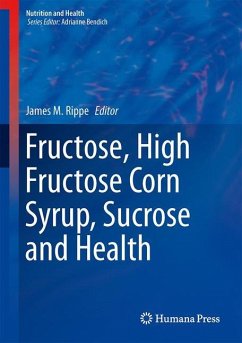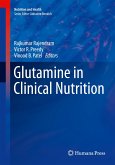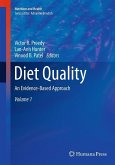The metabolic and health effects of both nutritive and non-nutritive sweeteners are controversial, and subjects of intense scientific debate. These potential effects span not only important scientific questions, but are also of great interest to media, the public and potentially even regulatory bodies. Fructose, High Fructose Corn Syrup, Sucrose and Health serves as a critical resource for practice-oriented physicians, integrative healthcare practitioners, academicians involved in the education of graduate students and post-doctoral fellows, and medical students, interns and residents, allied health professionals and nutrition researchers, registered dietitians and public health professions who are actively involved in providing data-driven recommendations on the role of sucrose, HFCS, glucose, fructose and non-nutritive sweeteners in the health of their students, patients and clients. Comprehensive chapters discuss the effects of both nutritive and non-nutritive sweeteners on appetite and food consumption as well as the physiologic and neurologic responses to sweetness. Chapter authors are world class, practice and research oriented nutrition authorities, who provide practical, data-driven resources based upon the totality of the evidence to help the reader understand the basics of fructose, high fructose corn syrup and sucrose biochemistry and examine the consequences of acute and chronic consumption of these sweeteners in the diets of young children through to adolescence and adulthood.
Fructose, High Fructose Corn Syrup, Sucrose and Health fills a much needed gap in the literature and will serve the reader as the most authoritative resource in the field to date.
Fructose, High Fructose Corn Syrup, Sucrose and Health fills a much needed gap in the literature and will serve the reader as the most authoritative resource in the field to date.
From the book reviews:
"The book is divided into 5 sections: An Overview, a focus on the global perspectives, on the functional effects of sugars, on sugars and health and on sugars in chronic disease. ... this book is an essential addition to the library shelves of universities, food companies and governmental organisations." (Mike J. Gibney, Frontiers in Nutrition, November, 2014)
"The book is divided into 5 sections: An Overview, a focus on the global perspectives, on the functional effects of sugars, on sugars and health and on sugars in chronic disease. ... this book is an essential addition to the library shelves of universities, food companies and governmental organisations." (Mike J. Gibney, Frontiers in Nutrition, November, 2014)








